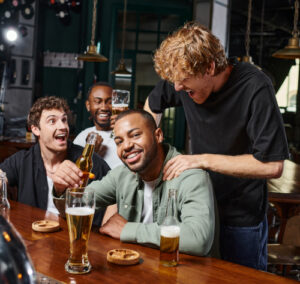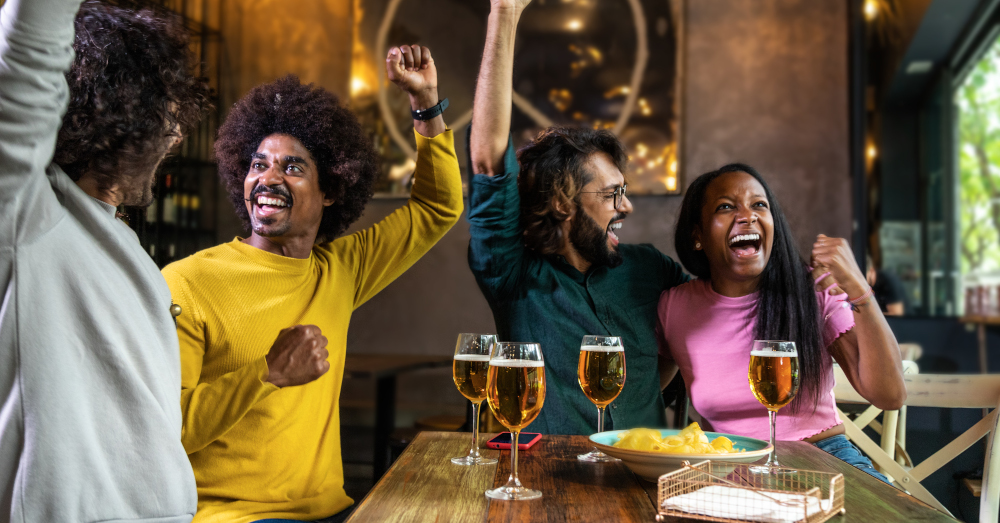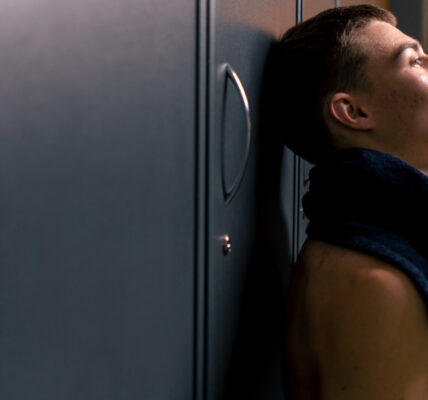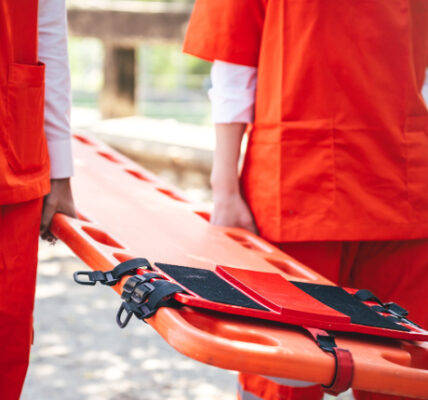It’s match day in Durban, and the streets around Kings Park Stadium start to pulse long before kickoff. Flags hang from car windows, queues form outside biltong stalls, and the taxi ranks take on an extra layer of hustle. For many, rugby is about tackles and tries. But in KwaZulu-Natal, it’s also about something much quieter but just as powerful: economics.
Rugby in this province isn’t only played on the field, it spills out into bars, betting shops, parking lots, and corner stores. It weaves into how businesses prepare for a weekend. It shapes nightlife, transport patterns, and even how locals spend their Saturday afternoons.
Take Durban’s Florida Road. On a Springboks test match day or a Sharks home fixture, what is usually a laid-back strip of restaurants and cocktail bars transforms. Owners put up extra screens, bouncers brace for a heavier crowd; menus suddenly feature rugby-themed specials. For places like Dropkick Murphy’s or Tiger’s Milk, a packed rugby evening means weeks of regular business compressed into a few hours.
Taxi drivers know the rhythm, too. In areas like Umlazi or Pinetown, extra minibus taxis line up in anticipation of fans travelling to and from the stadium. Routes adjust. Prices sometimes spike. There’s no official sign that says “rugby surcharge,” but everyone understands how the pulse changes when the game is on.
In Pietermaritzburg, smaller sports bars and betting shops time their peak hours around major rugby fixtures. Owners of small tuck shops stock up on crisps, beer, airtime, and even portable power banks, essential items when you’re watching the game on a phone screen, hoping load-shedding doesn’t strike mid-match.
And it’s not just about consumption. Rugby also influences the city’s betting culture. Walk into a bookmaker’s office in KwaMashu on a big rugby day, and you’ll find everything from seasoned punters to first-timers dropping small bets on winning margins, first try scorers, or final scores. There’s an atmosphere, half anticipation, half camaraderie.
Behind the scenes, rugby-linked betting patterns tell their own story. South Africa’s gambling regulators note spikes in sports betting turnover during major rugby tournaments. KwaZulu-Natal’s local businesses feel this on the ground level, an uptick in customer flow that’s not accidental, but deeply tied to the region’s sporting heartbeat.
 But what’s often missed in the glossy marketing photos of packed stadiums is how rugby nights shape smaller, less visible parts of the local economy. Car guards, street vendors, informal traders, these are the people who rely on match days to make their rent or buy groceries. Selling flags, team scarves, or cold drinks may not seem glamorous, but on game night, it’s survival.
But what’s often missed in the glossy marketing photos of packed stadiums is how rugby nights shape smaller, less visible parts of the local economy. Car guards, street vendors, informal traders, these are the people who rely on match days to make their rent or buy groceries. Selling flags, team scarves, or cold drinks may not seem glamorous, but on game night, it’s survival.
In Chatsworth, for example, there’s a corner opposite a popular betting shop where a man named Ravi sets up a food cart. Boerewors rolls, hot chips, Coke. “Rugby is good for business,” he says with a shrug. “When there’s a big game, I stay out late. Sometimes until after midnight.” Nightlife follows suit. After the final whistle, Durban’s clubs and late-night venues light up. Victory parties or post-match lamentations happen over everything from craft gin to Castle Lager. Local DJs know to slip in rugby anthems between sets, playlists subtly shift toward tracks that keep the adrenaline going.
The rugby-to-nightlife pipeline is especially strong among younger fans. For them, a game isn’t just sport, it’s prelude. An excuse to gather, to go out, to keep the night moving. Even streaming apps feel it: bars with smart TVs connected to betting apps or social feeds become hubs of digital as well as physical energy.
Yet for all its economic footprint, rugby’s influence isn’t purely commercial. It stitches together a kind of collective rhythm in KwaZulu-Natal life. From township fan parks to suburban lounges, there’s a shared tempo to a rugby day. Streets feel fuller, louder. People wear their team colours. Businesses know to stock extra. And as the province looks to the future, with new developments planned around Kings Park and expanded betting legislation on the table, that connection between rugby, business, and community seems likely to deepen.
So next time you watch a Sharks game or tune in for the Springboks, spare a thought for the taxi drivers planning their routes, the corner shops doubling their ice supply, and the street vendors grilling boerewors at midnight. Beyond the try line, a whole economy hums quietly into motion, powered not by sponsors or headlines, but by ordinary people moving with the game’s invisible pulse.




